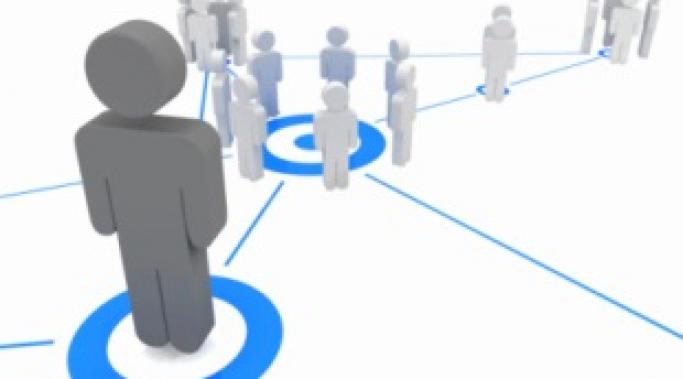Blogs
I like my job. I get to write for a living which is something many writers don't get to do. And moreover, I get to write about things that matter to me. Also a great luxury for many writers. These are pleasures as are the vast majority of people I get to meet.
I do have the great displeasure, though, of seeing vehement hatred for those with a mental illness. People who hate show up here, on my blog and elsewhere. People with a hatred for bipolar disorder seem to seek places to express their hatred.
But hatred of the mentally ill is simply another prejudice. Hatred of people with bipolar is the same as racism and just as unacceptable.
"Hold onto the hope and keep moving forward."
Those are the closing words I remember from the last speaker this morning at the NAMI National Convention's education session. All of us in the standing-room-only ballroom were there to honor the various education and support programs that NAMI offers. Consumers, providers, family members and NAMI staffers were invited to offer their stories, and tell how programs like Family-to-Family, NAMI Basics (for families with younger children), In Our Own Voice, Peer-to-Peer and more affected our journeys.
Wow. How we all need education. How we all need each other.
Celebrations and holidays in sobriety weren't times I looked forward to in early sobriety. But this Fourth of July, the breeze was light, the sun was warm and the company was full of laughter, conversations, and joy. To be able to celebrate a holiday sober filled me with gratitude. A holiday in sobriety in which I felt really good was something to celebrate.
Verbal abuse is used to diminish the victim's power. It is used to paralyze the mind and maim the heart, leaving the victim to feel so small and worthless that they become dependent on only the abuser. Only the abuser's opinion matters because s/he holds the key to the victim's happiness and pain. Pleasing the abuser (avoiding pain) is priority number one.
But abuse doesn't happen in a vacuum. The victim must feel as if they're doing more than avoiding pain to stay in and make sense of the abusive relationship. The victim must feel a higher purpose is at work to rationalize his or her participation in a relationship that causes them fear and sadness.
Last night, on the Mental Health and Social Media Chat (#mhsm) on Twitter, the topic was job searching and workplace disclosure for those with a mental health condition. While Isabella Mori moderated the chat and came up with all of the discussion questions, it was actually a topic that I had chosen. Depression disclosure at work is particularly relevant to me right now and it is at the forefront of my mind.
As Bob grows older and gradually delves into the strange world of friends and playmates, I often find myself surprised at how much younger he often seems than his compadres. It's true I have "sheltered" him to a point--limiting his tv/movie/video game choices to the PG and G-rated varieties, closely supervising him at play and sometimes vetoing his choice of friends. However, it seems his "immaturity" is more a matter of nature than nurture.
Sometimes PTSD is pretty cut and dry. There are obvious causes like combat, a plane wreck or car crash. Experiences like rape or witnessing death can also be causes that are well-known. What happens when you have the symptoms but cannot recall an event that may have triggered it? Our guest, Dan Hays, tells us on this episode of the HealthyPlace Mental Health TV Show.
A mental illness, especially during the adjustment period after first receiving a diagnosis, can be filled with a lot of strife and heartache. The challenges are only compounded by the fact that many find themselves more isolated and alone than ever before in their life. Our guest this week, Stephanie, has found herself in just that place, alone like never before.
The journey of a thousand miles doesn't begin with a spin class, but everyone knows they should exercise. People should be doing it right now. Me too. We should slowly and calmly step away from the Internet. And most of us even know exercise acts as an antidepressant. Which means if we actually got up and walked around once in a while, we might feel better.
But we don't do it. Not the average North American and especially not the average mentally ill North American.
How does a person with a mental illness fight that?
One of the traits for success in business is resiliency. Resilience is the ability to adapt and rebound when plans or schedules don't go as they should. Part of resiliency is being able to quickly analyze a situation. If a mistake has been made, learn from it and move on. No need to dwell on the situation for a long period.
A leading psychologist has researched resilience and found there are three factors that are necessary to have resilience:







